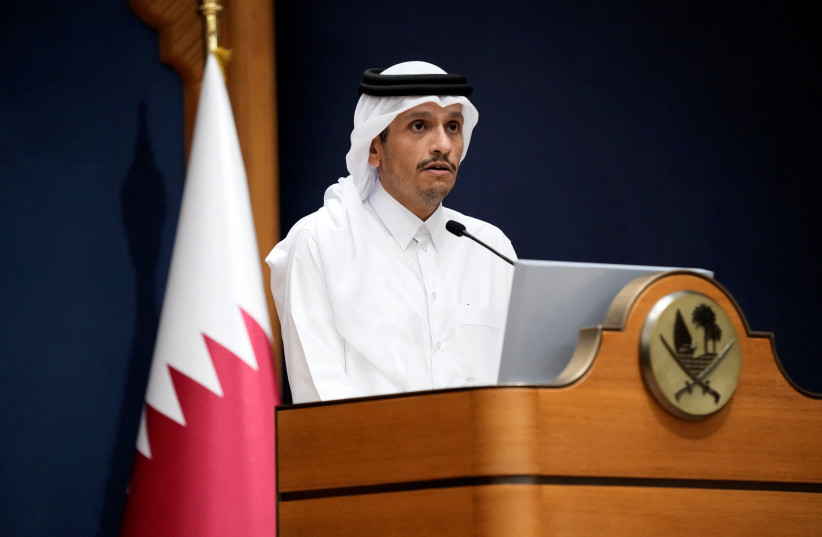Despite reports that Qatar is considering continuing its role as a mediator between Hamas and Israel, the Hamas leadership is considering leaving the country, the Wall Street Journal reported on Saturday.
According to the report, sources in the Arab world said that in recent days, Hamas has been holding talks with two Arab countries and noted that one of them is Oman.
As you may recall, in recent years, with the accession of Arab countries to the Abraham Accords, Israel has also had contacts with Oman, and last year, Muscat approved Israeli flights to pass through its airspace. However, this decision was canceled with the outbreak of war on October 7th.
If the leadership of Hamas leaves Qatar, there is a fear that the crisis in relations will cause the collapse of the contacts for the release of Israeli hostages from the captivity of Hamas, in which Qatar serves as a central mediator.
Earlier this week, as mentioned, the Prime Minister of Qatar, Muhammad al-Thani, announced that his country is "re-examining its position as a mediator between Israel and Gaza."

"Our position is being misused by politicians for their own purposes," said Al-Thani, his words come a few days after Hamas announced once again that the current outline for the hostage deal is not acceptable to it.
Al-Thani also said, "We had extensive contacts with Tehran and Washington to prevent any escalation. We hear from all the parties in the region that they do not want war - the best way to reduce the escalation in the region is to stop the war in Gaza."
Later on Sunday, Hamas's Telegram channel in English issued a statement denying the report the terror movement was leaving Qatar. "Once again, the mainstream western media outlets insist to be complicit with the Israeli misleading propaganda, as today the Wall Street Journal promoted incorrect news about the Hamas Movement, claiming that the movement is considering leaving Qatar for another country," the terror group stated.
"We confirm that these claims have no basis, and urge the press agencies to abide by professionalism, and to take news and information regarding the movement from its official sources," the statement concluded.
Previous proposals
Last Sunday, it was reported that Hamas's response to the mediators' proposal included a willingness to release only about 20 abductees in exchange for a six-week ceasefire - about half the number of abductees that the outline originally included, an Israeli official said.
The Israeli official pointed out that Hamas is using the answer he gave to the mediators with "ridiculous excuses" to explain the reduction in the number of abductees he is willing to release in the first phase of the deal.
For example, Hamas claims that some of the abductees included in this part of the deal - women, men over the age of 50, and men in serious medical conditions - are not alive or are not in its hands.
